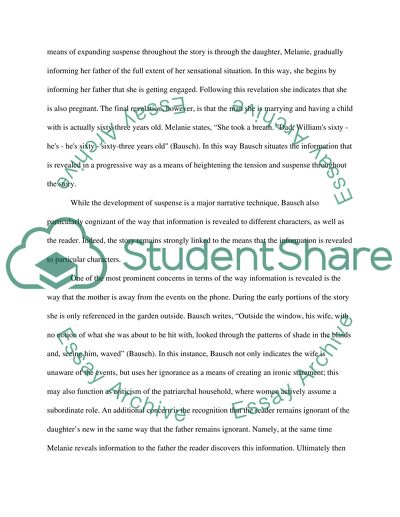Cite this document
(“The extended analysis about Aren't You Happy for Me Essay”, n.d.)
Retrieved from https://studentshare.org/english/1457668-the-extended-analysis-about-aren-t-you-happy-for
Retrieved from https://studentshare.org/english/1457668-the-extended-analysis-about-aren-t-you-happy-for
(The Extended Analysis about Aren'T You Happy for Me Essay)
https://studentshare.org/english/1457668-the-extended-analysis-about-aren-t-you-happy-for.
https://studentshare.org/english/1457668-the-extended-analysis-about-aren-t-you-happy-for.
“The Extended Analysis about Aren'T You Happy for Me Essay”, n.d. https://studentshare.org/english/1457668-the-extended-analysis-about-aren-t-you-happy-for.


